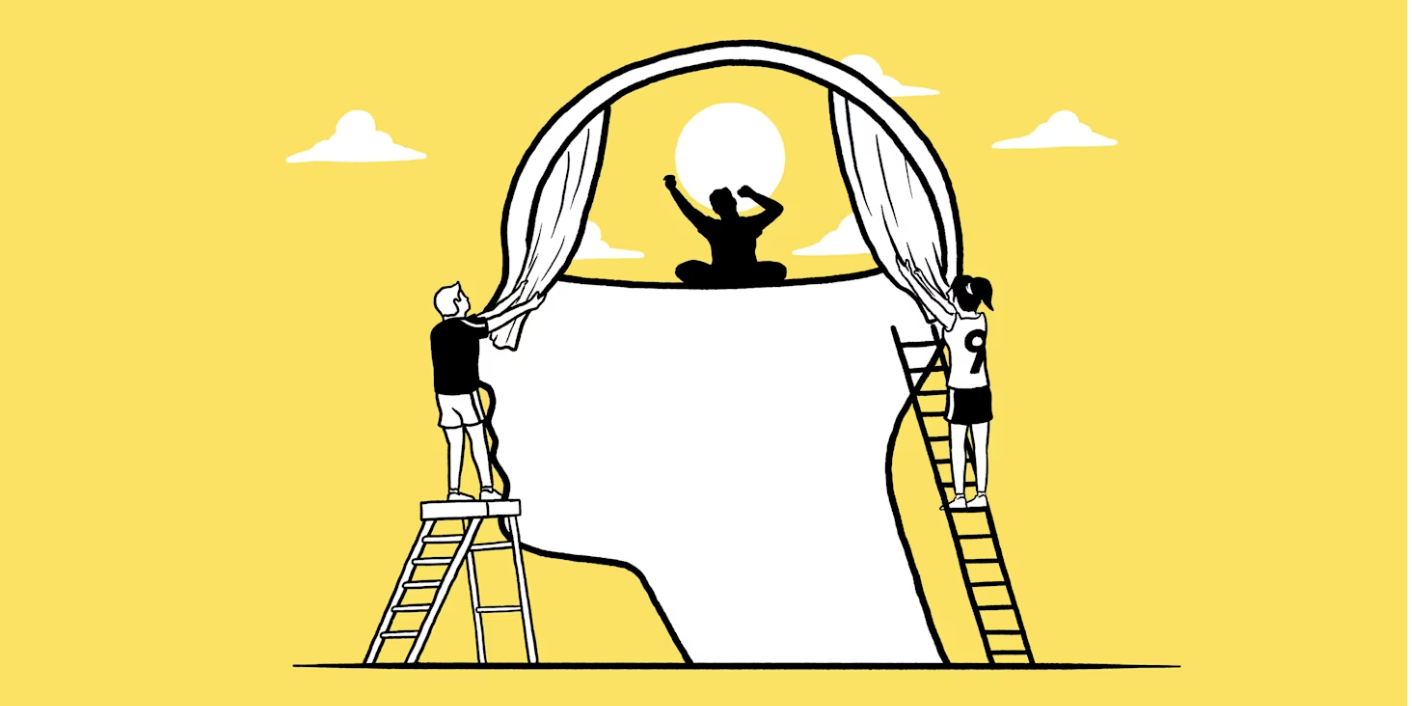As the Paris 2024 Olympics unfold, the conversation around mental health in sports is more relevant and impactful than ever. Athletes are stepping into the spotlight, not just to showcase their physical prowess, but to share their mental health struggles and triumphs. Among these courageous voices, to name a few, are Simone Biles, Noah Lyles, Raven Saunders, Sam Mikulak, and Allison Schmitt, who have openly discussed their mental health challenges, bringing much-needed attention to the importance of mental well-being in sports.
Simone Biles:
Simone Biles, often hailed as the greatest gymnast of all time, has not only dazzled audiences with her incredible skills but has also been a beacon of strength for her openness surrounding her mental health. During the Tokyo 2020 Olympics, Biles made headlines when she withdrew from several events to focus on her mental health, citing the “twisties” – a phenomenon that causes gymnasts to lose their sense of spatial awareness during complex moves. Her decision to prioritize her well-being over competition sparked global conversations about the pressures athletes face.
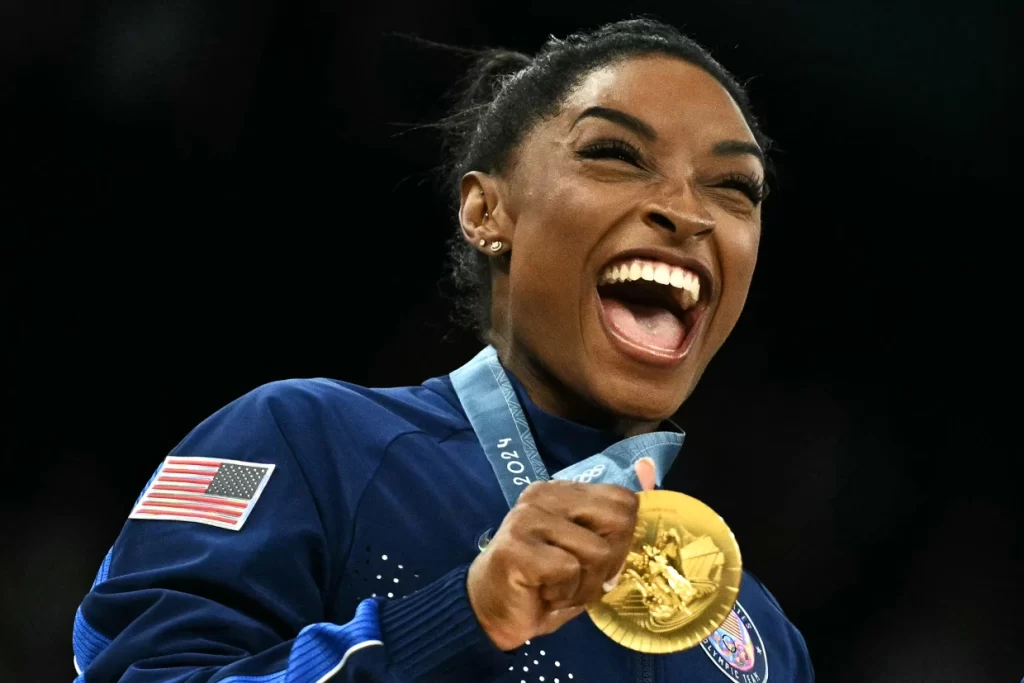
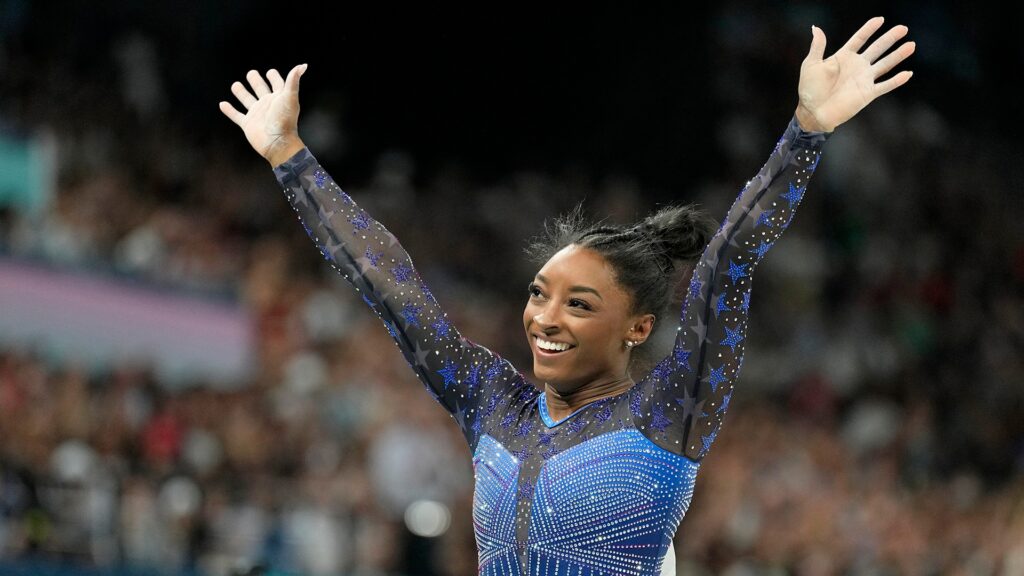
As Biles competes in Paris, her journey continues to inspire people all across the globe. She has continued to demonstrate her unparalleled talent, securing already three gold medals and one silver medal for her team and maintaining her status as a top contender in gymnastics. Her performances are a testament to her dedication and resilience on every level. Biles has shown that seeking help and taking necessary breaks are signs of strength, not weakness. Her advocacy has encouraged countless athletes and individuals to prioritize their mental health without shame.
Noah Lyles:
Noah Lyles, a standout sprinter in the track and field world, has also made a significant mark in Paris. Most recently, he secured a gold medal in the 100m sprint with an unforgettable photo finish. His success on the track, coupled with his advocacy off of it, has solidified his position as a leading figure in athletics.
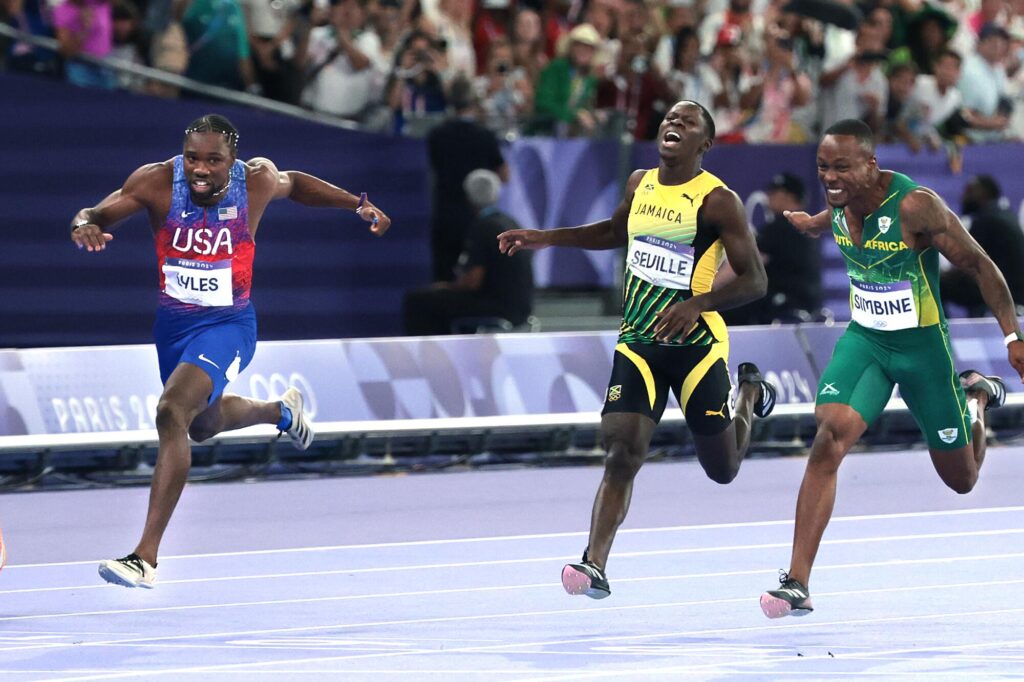
Lyles has spoken openly about his battles with depression and anxiety, particularly during the COVID-19 pandemic when the postponement of the Tokyo Olympics took a toll on his mental well-being. He has emphasized the importance of mental health resources and support systems for athletes. By sharing his story, Lyles has helped to change the conversation around mental health and has shown that even the fastest man on the track can face personal struggles.
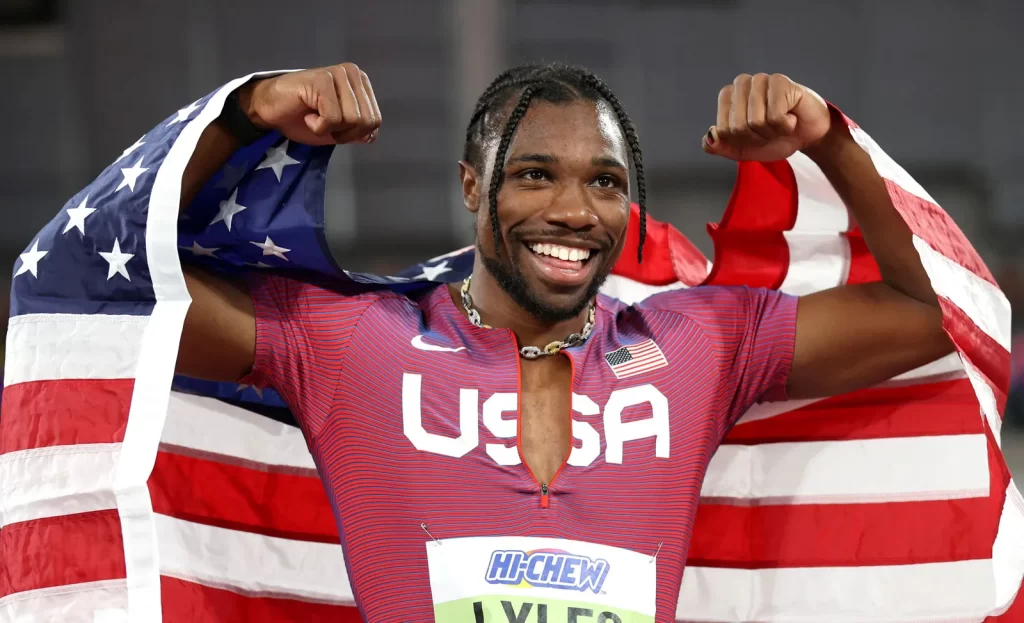
Raven Saunders:
Tokyo’s 2020 Silver Medalist and USA Women’s shot putter Raven Saunders has also been a powerful advocate for mental health, using their platform to address issues such as depression and anxiety. Known for their vibrant personality and colorful face masks, Saunders has openly discussed their struggles with mental health and emphasized the importance of seeking help and surrounding oneself with a trusted support system. They also speak candidly about the therapy and mental health professionals they rely on, as well as the importance of having supportive friends and family. Their bravery in sharing their story has provided support and encouragement to many who face similar challenges.
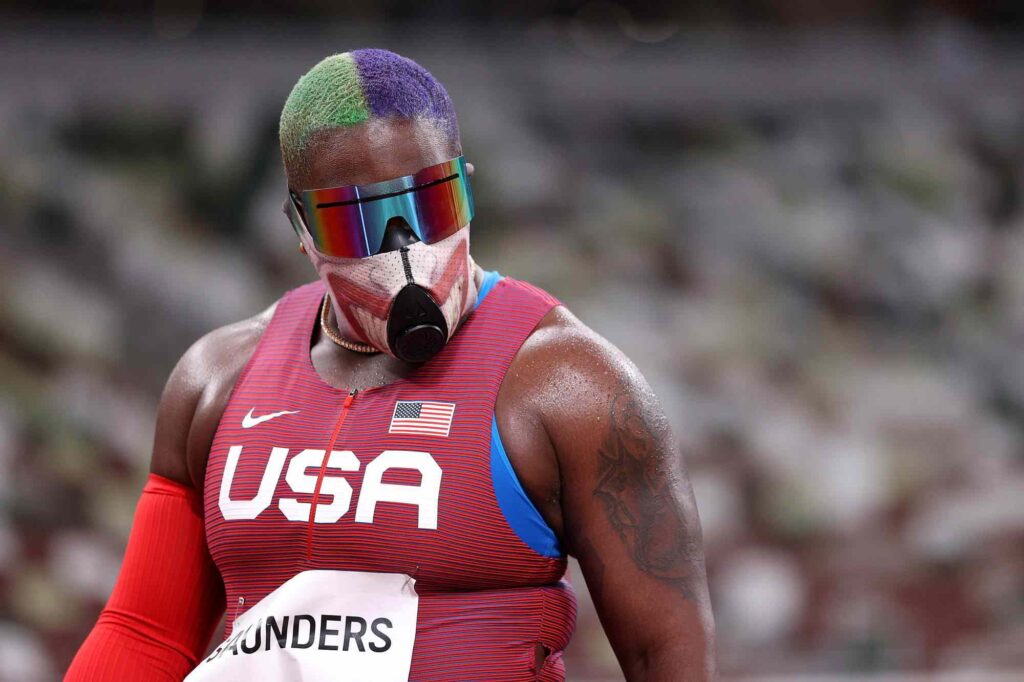
In Paris, Saunders has continued to excel, demonstrating that mental health challenges do not define one’s ability to perform at the highest level. Their open discussions about their struggles and the pressures of being an elite athlete have sparked important conversations about mental health in the sports community.
Sam Mikulak:
Sam Mikulak, a six-time U.S. national all-around champion and three-time Olympian, has experienced both the exhilarating highs of success and the challenging lows that follow. The rush from fans and the thrill of competition create an emotional high that can mask underlying mental health issues. Off the field, Mikulak faced stark contrasts between these highs and the lows of everyday life, struggling with depression and a loss of identity. The constant pursuit of perfection and fear of failure led to significant anxiety and stress, making it difficult for him to imagine life beyond the sport.
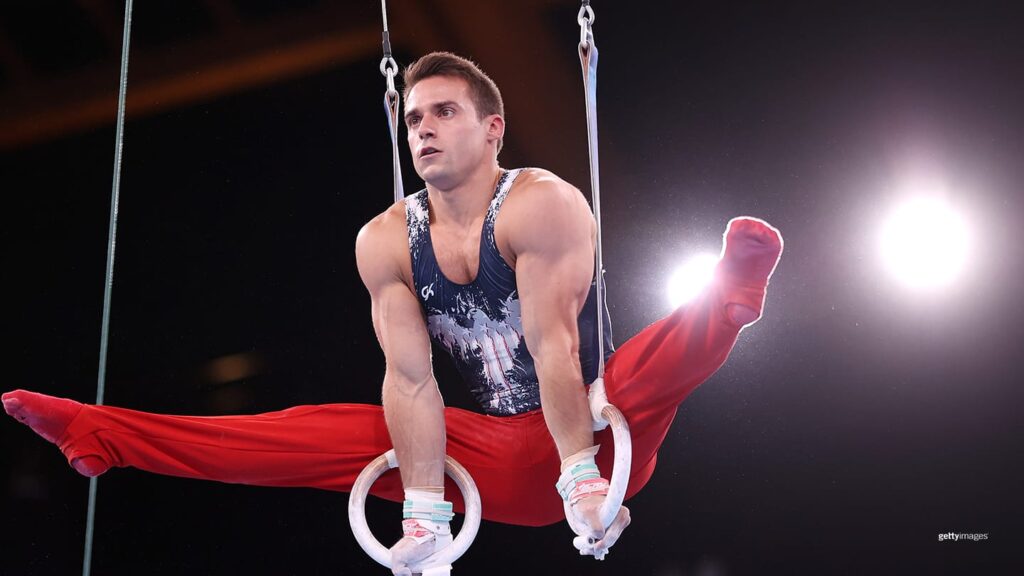
Recognizing the need for support, Mikulak has emphasized the importance of mental health resources for athletes. His openness about the pressures of being an elite athlete has significantly impacted the sports community, highlighting the need for mental health support and prompting organizations to invest in resources for athletes. As the Paris 2024 Olympics continue, Mikulak’s journey serves as a powerful reminder of the complex relationship between success and mental health.
Allison Schmitt:
Allison Schmitt, a former Olympic gold medalist in swimming, faced immense internal battles despite her success. Her struggles with mental health were profoundly impacted by the tragic suicide of her cousin. This loss was a pivotal moment for Schmitt, driving her to confront her own experiences with depression and, ultimately, choosing to step down from professional competitions and publicly share her own mental health journey.
Her transparency about her challenges is aimed at fostering a more supportive environment for others facing similar issues. By discussing her experiences, Schmitt hopes to make it easier for others to seek the support they deserve, breaking down the barriers of misunderstanding and encouraging a culture of openness and healing.
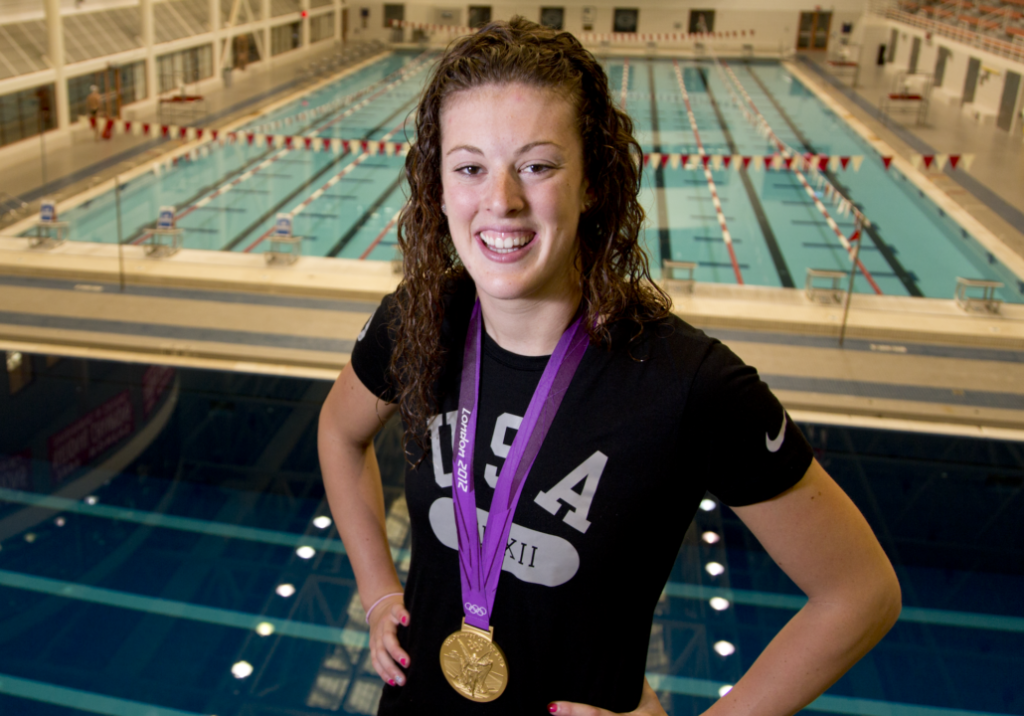
The authenticity of these athletes has had a profound impact on the world of sports and beyond. Their willingness to share their mental health journeys has paved the way for other athletes to speak out and seek the support they need. It has also prompted sports organizations and governing bodies to prioritize mental health services and create environments where athletes can thrive in every aspect of their health.
As the Paris 2024 Olympics continue, the stories of Simone Biles, Noah Lyles, Raven Saunders, Sam Mikulak, Allison Schmitt, and other athletes remind us that behind every medal and record-breaking performance is a human being with emotions and challenges. Their courage to speak candidly about their mental health challenges is a testament to their strength and resilience, and their advocacy is making a lasting difference in the world of sports and beyond.

